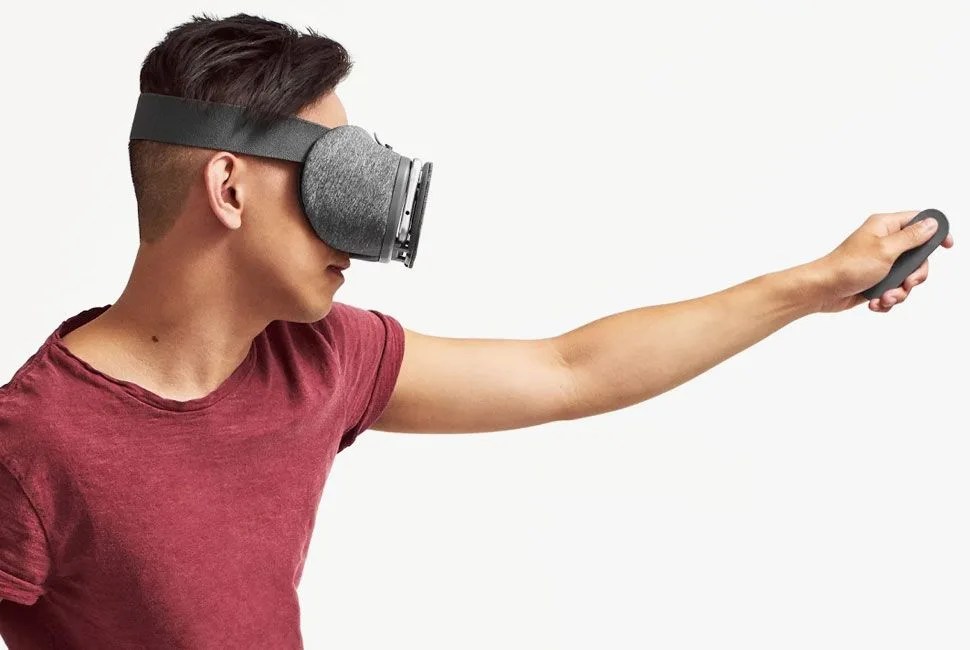I’m a multi-platform guy. I have an Apple smartphone and a Microsoft laptop. I send and receive stuff via Gmail and shoot files up to the cloud via Dropbox. I have Nikon lenses on a Sony camera, a GoPro action cam mounted on a DJI drone, and a Garmin car-navigation device that I cross-check with Waze. I’m a digital Frankenstein, an anti-ecosystem zealot.
This means that I don’t funnel all my loot to one brand, and I’m also able to switch fairly readily between brands within different gear categories (if something new strikes my fancy). Of course, I’m a tech writer who needs to stay conversant with lots of products anyway, so I’m this way somewhat by default.
When the new Google Pixel smartphone came out a few weeks ago, offering an intriguing set of features and a clearly high-level build quality, it stood out as potentially the first Android device to actually give me a compelling reason to switch from the iPhone. I borrowed one from Google to review, eager to see if it lived up to the hype.
And it does. The new phone, available in both 5- and 5.5-inch models — the Pixel and the Pixel XL — jumped immediately to the front of the line in terms of Android phone quality. It’s a sleek, well-designed device that easily matches the new iPhone 7 in build quality and simple elegance. The aluminum case is comfortable to hold, thanks to beveled edges to minimize slippage, and it has a glass panel on the top third of the back that contains the fingerprint scanner in the upper center. This allows you to simply tap your finger on the back to wake it up while holding it normally in your hand, without requiring you to cantilever the phone over your index finger while you arc your thumb down to the home button. It’s very natural, very fluid. Also, the power and volume buttons are on the same side, which eliminates confusion when you’re fumbling around with it in the dark, plus the power button has a different texture, to further help you differentiate it from the adjacent volume controls. It’s a smart, attractive and comfortable design.
So is it all enough to make me actually put a ring on it? On paper, yes — it’s a sensational phone — but in practice I’m not quite there.
Inside, the new Android 7.1 update, Nougat, has a bounty of enhancements that create a sophisticated and well-oiled experience. For starters, converts from iPhone can easily transfer their contacts, music, and other data onto the new device via an included cable. It’s effortless and complete. Once you’re in there, the pieces start to fall together. Android has always been a more dynamic environment than the rigid grid of iPhone, but in 7.1 they’ve pushed that even further, with an experience unique to Pixel.
This includes Google’s Siri-like Assistant service, now built into the fabric of Android (and Pixel in particular) via app connectivity and simple-one-touch access. It uses artificial intelligence to better answer questions more conversationally, and builds upon your interactions to hone its feedback. There are other enhancements, like App Shortcuts, which lets you hold onto an app icon to activate specific functions within it, and gestures to quickly switch specific modes — wrist movements to switch between selfie and front cameras, for instance. You can also now lift the phone to engage the notifications screen and scroll through notifications with the fingerprint reader on the back. (If they can also make it scroll through content, like web pages and app feeds, that will be sensational.)

